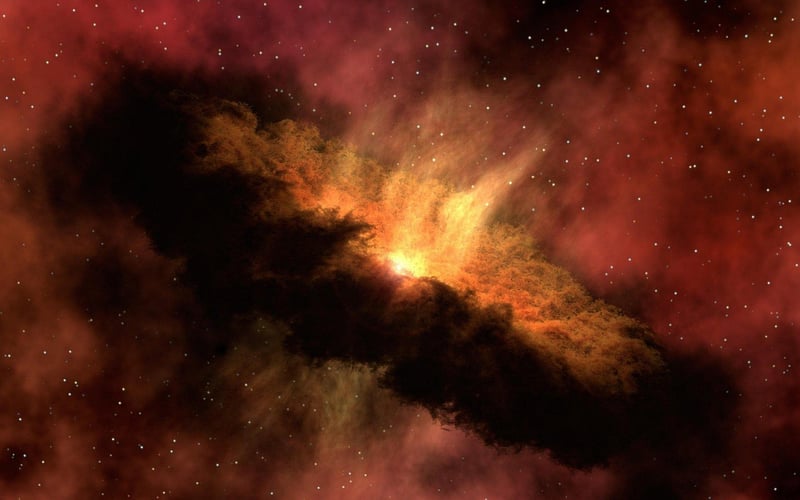Temporal Mechanics
The Science Behind Time Travel and Temporal Mechanics
Time travel has been a popular concept in science fiction for decades, but is there any science behind it? Let's delve into the fascinating world of temporal mechanics to understand the theoretical basis for time travel.
Understanding Time
Time is a fundamental aspect of our universe, but how we experience it can vary depending on our frame of reference. According to Einstein's theory of relativity, time is not a constant but can be influenced by factors like gravity and velocity.
Einstein's Theory of Relativity
Albert Einstein's theories of special and general relativity laid the groundwork for our understanding of spacetime. Special relativity describes how time can dilate or contract depending on an observer's relative motion, while general relativity explains how gravity can warp spacetime, affecting the flow of time.
Wormholes and Black Holes
One of the proposed methods for time travel involves using wormholes, hypothetical tunnels in spacetime that could connect distant points in the universe. By traversing a wormhole, one could potentially travel to a different point in time as well as space.
Black holes, with their intense gravitational fields, are another intriguing aspect of temporal mechanics. Some theories suggest that black holes could be used as a means of time travel, either by entering a black hole and emerging in a different time or by using their gravitational effects to manipulate spacetime.
Grandfather Paradox
One of the paradoxes often associated with time travel is the grandfather paradox, where a time traveler could potentially go back in time and prevent their grandfather from meeting their grandmother, thus preventing their own existence. This paradox highlights the complexities and potential pitfalls of altering the past.
The Multiverse Theory
In the realm of quantum mechanics, the multiverse theory suggests that there are multiple parallel universes coexisting with our own, each with its own timeline and set of events. Some interpretations of this theory propose that time travel could lead to branching timelines rather than altering the past in a single timeline.
Conclusion
While the science behind time travel and temporal mechanics remains largely theoretical, the exploration of these concepts continues to captivate scientists and science fiction enthusiasts alike. As our understanding of the universe deepens, who knows what discoveries may await us in the realm of time travel.
For more fascinating insights into the world of science, check out NASA's website.


